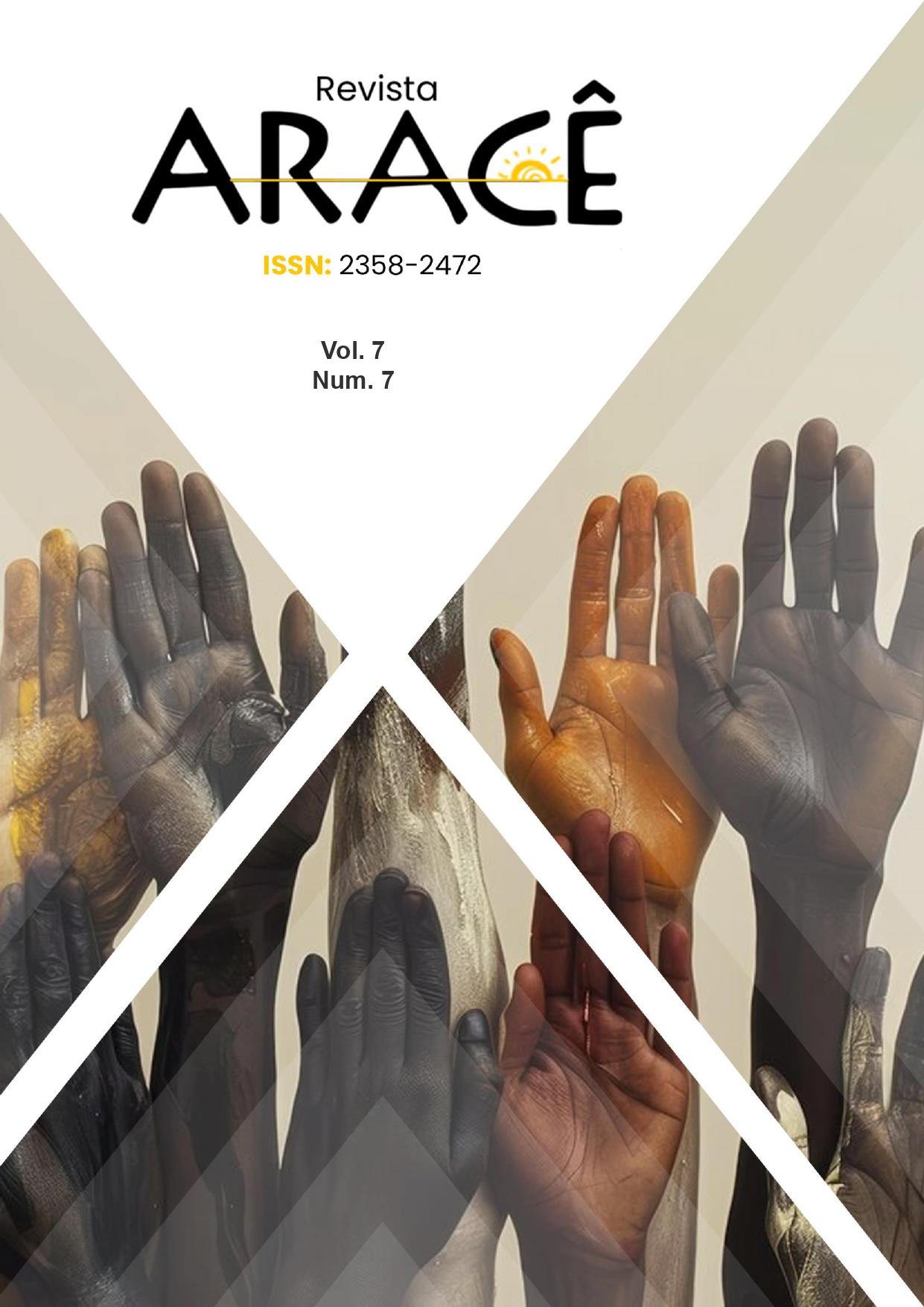ALGORITMOS VS. AUTONOMIA: OS RISCOS DA DEPENDÊNCIA DE IA NA FORMAÇÃO CRÍTICA DE ESTUDANTES
DOI:
https://doi.org/10.56238/arev7n7-018Palavras-chave:
Inteligência Artificial na Educação, Autonomia Intelectual, Pensamento Crítico, Viés Algorítmico, Mediação PedagógicaResumo
Este artigo examina criticamente os impactos da inteligência artificial (IA) na educação, destacando como a mediação algorítmica pode comprometer a autonomia intelectual e o pensamento crítico dos estudantes. A análise revela que plataformas adaptativas, sistemas de avaliação automatizada e ferramentas generativas, embora prometam eficiência e personalização, frequentemente reduzem a aprendizagem a processos padronizados, limitando a capacidade de julgamento autônomo e a construção de conhecimento significativo. A erosão da autonomia manifesta-se na passividade discente induzida por percursos de aprendizagem pré-definidos, enquanto a dependência de IA generativa atrofia a argumentação original. Além disso, algoritmos reproduzem vieses culturais e priorizam métricas quantificáveis em detrimento de dimensões qualitativas da educação. Como alternativas, propõe-se uma mediação docente ativa, onde o professor atue como filtro crítico dos conteúdos algorítmicos, e modelos híbridos que preservem a agência discente. Defende-se ainda a necessidade de regulamentação ética, com transparência nos critérios algorítmicos e proteção de dados educacionais. O artigo conclui que a IA na educação exige um equilíbrio delicado: se adotada acriticamente, pode reforçar desigualdades e empobrecer a formação humana; se integrada com bases pedagógicas sólidas, pode ampliar acesso sem sacrificar a profundidade intelectual. Pesquisas futuras devem investigar os efeitos cognitivos de longo prazo e desenvolver sistemas verdadeiramente inclusivos.





